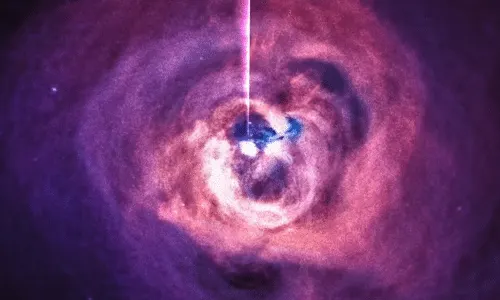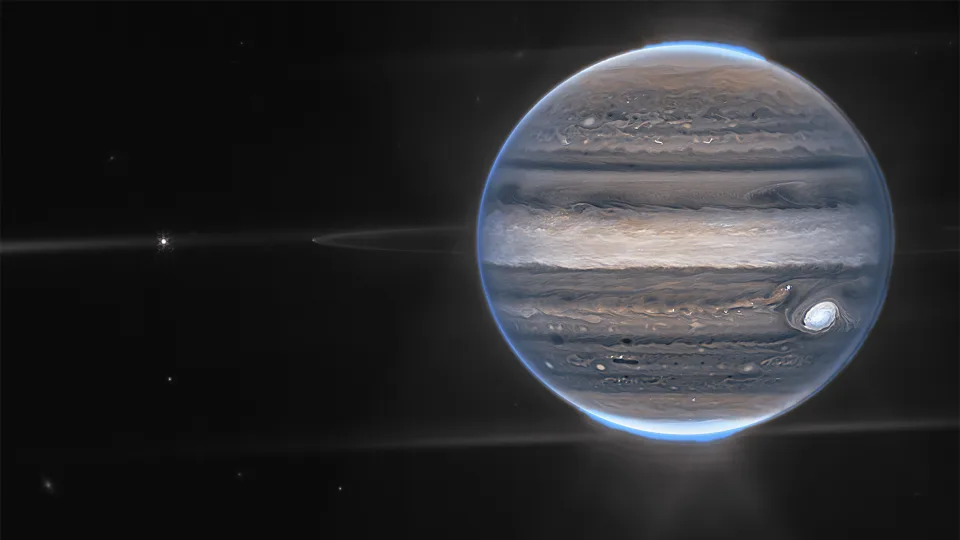On Sunday Nasa released an audio clip that represents actual sound waves emanating from the enormous black hole at the centre of the Perseus galaxy cluster, which is more than 200m light years away.
Related: Nasa images show extreme withering of Lake Mead over 22 years
The sound is edited so that it can be heard by human ears. Nasa mixed it with “other data” and amplified it, saying that the idea that there is no sound in space was a misconception.
“The misconception that there is no sound in space originates because most space is a ~vacuum, providing no way for sound waves to travel,” Nasa tweeted.
“A galaxy cluster has so much gas that we’ve picked up actual sound. Here it’s amplified, and mixed with other data, to hear a black hole!”
Funny how this sounds like every Black Hole in every science fiction film EVER https://t.co/s9HOwsapFM
— woodrow phoenix (@mrphoenix) August 22, 2022
The clip, which sounds something like a cosmic growl or an ominous wind tunnel, captured the internet’s attention, and many said it sounded exactly how they imagined a supermassive black hole would sound.
Others turned to images of horror to describe it, and some commented on the sound’s ethereal nature.
“Somehow you just knew a black hole was going to sound like terrifying ghosts instead [of] gentle ocean waves,” Twitter user Asher Honickman wrote.
Some turned to pop culture to describe it, with references to the sci-fi cult classic Event Horizon and the horror film Silent Hill. One Twitter user thought it sounded like Pink Floyd’s Echoes, and another joked that it was new music from the Icelandic singer Björk.
And one section of the internet felt it sounded more like bodily functions than anything else. “This sounds just like my stomach at 6.30pm when the early evening shows have wrapped. #Hungryinspace,” Natasha Stenbock wrote.
The sound itself comes from Nasa’s Chandra X-ray Observatory, and was actually released in May.
The agency described it then as a result of pressure waves sent out by the black hole, saying it was a whopping 57 octaves below middle C, which means scientists had to raise the frequency quadrillions of times to make it audible.
“Astronomers discovered that pressure waves sent out by the black hole caused ripples in the cluster’s hot gas that could be translated into a note — one that humans cannot hear some 57 octaves below middle C,” they said in a statement.
“In some ways, this sonification is unlike any other done before… because it revisits the actual sound waves discovered in data from NASA’s Chandra X-ray Observatory.”




GIPHY App Key not set. Please check settings